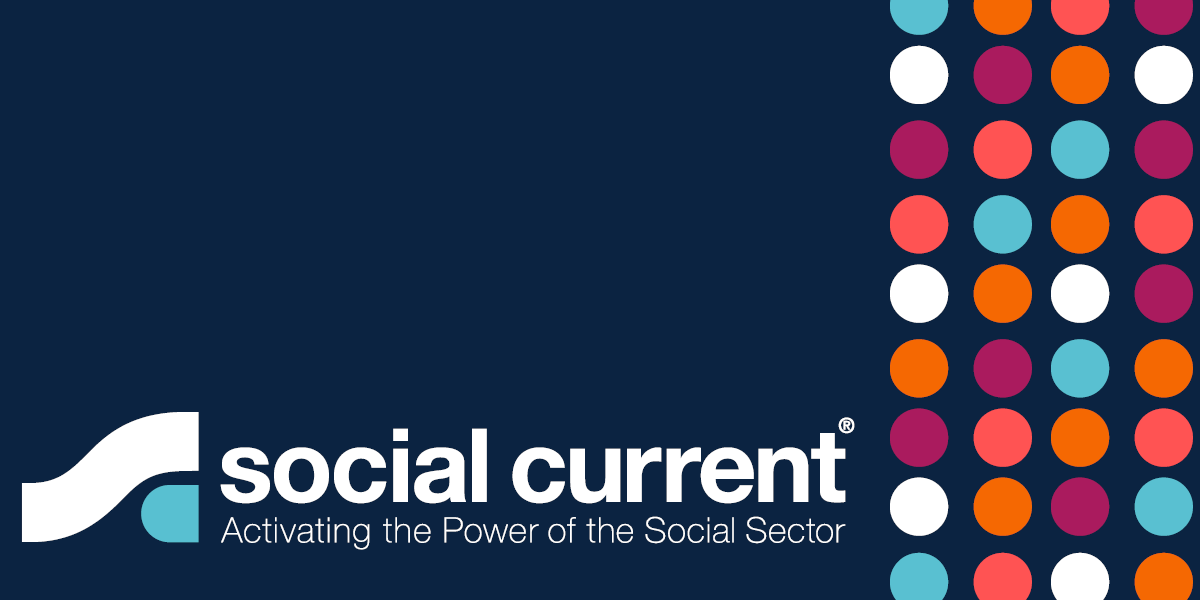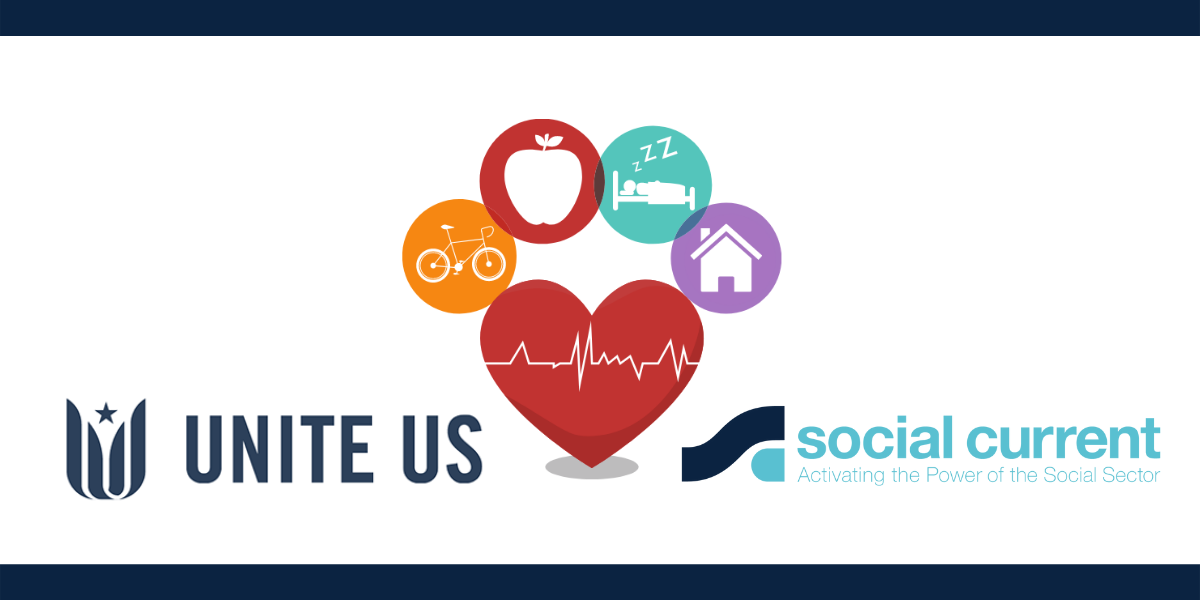Within Our Reach
Social Current Joined National Press Panel to Hear Concrete Support Stories from ANPPC Parents
Social Current was proud to sponsor a national press panel held by Chapin Hall at the University of Chicago on May 31. Ruby Goyal-Carkeek, senior vice president at Social Current joined a panel of parents from the Alliance National Parent Partnership Council (ANPPC) along with child welfare professionals, and medical experts including Robert Sege, MD, PhD. The focus of the panel was to help members of the press better frame future stories that touch on child welfare and child protection with a pro-family lens. There were approximately 70 participants including reporters from The Boston Globe and Washington Times in attendance.
During the panel, Ruby Goyal-Carkeek highlighted several key insights to improve child and family well-being including work that Social Current has undertaken:
- Despite research studies such as the one presented by Dr. Sege and research from Chapin Hall and others on the benefits of economic and concrete supports for families, prevention remains under-prioritized as a public policy. Only 15% of child welfare spending is to support parents and keep children safely in their homes, compared to 45% of spending on out-of-home placements (the other 40% is divided between CPS/investigations, adoption, and guardianship)
- Three federal programs are due for re-authorization by Congress this year and can help to make community-based prevention more of a priority. They are 1) the Child Abuse Prevention and Treatment Act (CAPTA), 2) Title IV-B of the Social Security Act, and 3) the Maternal Infant and Early Childhood Home Visiting (MIECHV) program. A modest investment in families allows parents to care for their children the way they want to. Other critical supports to families are the expanded Child Tax Credit, paid family and medical leave, and quality childcare with improved access. Access to behavioral health services is another critical component to supporting families during difficult times, as multiple studies have shown an increased need during the pandemic.
- Solutions to improve child and family well-being must address equity and racial justice. Most families come to the attention of CPS for allegations of neglect, which are often related to economic insecurity. These families need economic and family support much more than child protection involvement. In fact, CPS often doesn’t have the resources to provide these types of economic and family support services and doesn’t do a good job of connecting families to resources. The policy solution is to disentangle economic hardship from neglect, showing how they are different, and offloading economic stressors experienced by families. We also need to better understand the results of mandatory reporting policies and look to reshape them as mandatory supporting policies. More than half of all Black children and more than ⅓ of all children in the U.S. are a subject of a child abuse or neglect investigation by the age of 18. This type of mandatory reporting structure does not encourage reporters to connect families with help from supportive programs before harm occurs and before families become involved with CPS, and it is a racial justice issue that requires immediate attention.
- Social Current is the national technical assistance provider to five demonstration sites for a federal demonstration initiative funded by the Department of Justice called Child Safety Forward. This national initiative is working to reduce child abuse and neglect fatalities and injuries through a collaborative, community-based approach. One of the five sites, the Michigan Department of Health and Human Services, is putting equitable solutions into practice as they expand Family Resource Centers across the state and improve safety planning to better address serious injuries and child fatalities from abuse and neglect. Through a collaborative approach to systems change, they are looking to respond differently to neglect allegations by focusing on protective factors and working to promote supportive services to families.
- As the federal Commission to Eliminate Child Abuse and Neglect Fatalities stated in its 2016 report “Within Our Reach,” child welfare agencies cannot do this work alone. Media can help to improve outcomes for children and families by covering child welfare more thoroughly, beyond the tragedies that occur, and increase public attention to prevention programs that work. In a national survey of parents with young children, even before the pandemic, 48% of parents report not receiving the help or support they need. Together, we can illustrate that a community-wide, public health approach to child and family well-being is required so that all parents are supported, and all families can thrive.
Panel handouts from the event:
- Press Panelists’ Biographies
- Chapin Hall–Economic Concrete Supports Deck
- Sege R, Stephens A. Child Physical Abuse Did Not Increase During the Pandemic. JAMA Pediatrics. 2022;176(4):338–340.
- About HOPE



